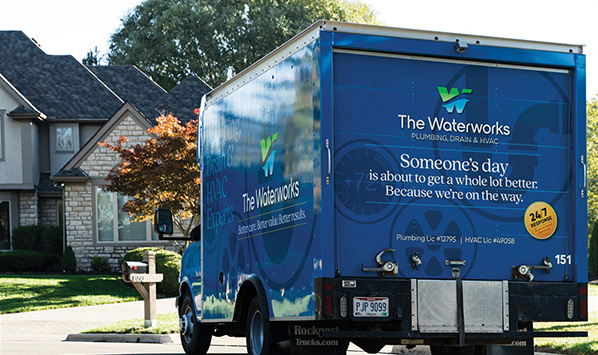
My AIR CONDITIONER STOPPED RUNNING! NOW WHAT?!!!
It is summer in Central Ohio and it is HOT! When the weather heats up, it is common to crank up that AC around the clock. This, of course, can put strain on a cooling system, particularly if it is an older system. If you did not have your air conditioner inspected prior to summer, you may be in for a bit of a surprise and hot summer days and nights if it stops running. Bad wiring, low refrigerant and airflow issues are just a few items that can be discovered when you schedule a preventive maintenance check-up.
Compiled below is a list of the most common things that can cause your air conditioner to stop cooling this summer.
Clogged air filters – you’ll likely be running your air conditioner pretty much 24/7 during the summer months, which makes it extremely important that you remember to change your air filters monthly. Dirty filters restrict airflow through your air conditioner, which causes a few problems. First, your system will not be able to cool your home effectively and secondly, your air conditioner will not be able to move moisture off the cooling coil, which will cause it to freeze up.
Frozen evaporator coil – a frozen evaporator coil can cause your air conditioner to break down. Poor air conditioner airflow, dirty air filters and coils, and a lack of refrigerant are all common causes of frozen evaporator coils.
Blocked condenser – another extremely common problem during the summer occurs when your condenser (the outdoor unit of your air conditioner) gets blocked by plants or debris. Your air conditioner works by pulling heat out of the air in your home and transferring it to the outside by using the condenser to radiate the heat away.
Without enough clearance space, your air conditioner will have to work harder to remove adequate amounts of heat—it’s still possible, but it will put an additional strain on your system that will cost you more money and may cause your air conditioner to burn out more quickly than usual.
Improper refrigerant charge – Refrigerant (also known as Freon) is the chemical that cools the air within your air conditioning system. Reduced levels of refrigerant could imply a
leak or problem with the refrigerant system. If your air conditioning system needs to be recharged with refrigerant, 90% of the time that suggests there is a leak. All refrigerant leaks
should be located and repaired. Though rarely the homeowner’s fault, improper refrigerant charge, whether it’s too high or too low, can have a major impact on your system’s operation
and efficiency. Some of the problems with improper refrigerant charge include the following:
Low refrigerant charge can cause a loss of cooling capacity and make your system more expensive to run. It can also cause your compressor motor to overheat. One of the more surprising effects of low refrigerant charge is it can cause your evaporator coil to freeze!
An overcharged air conditioner will lose cooling capacity and cooling efficiency, as well as the ability to dehumidify. Worse, overcharging can cause your compressor to permanently fail.
Poor refrigerant charge may be the result of a leak or by a technician who did not charge it properly while installing your system. Whatever the reason, an air conditioner inspection should identify the problem.
Incorrect sizing – to run as efficiently and effectively as possible, your air conditioner needs to be properly sized to your home. When you have an HVAC company come to your home, the first thing they do is calculate the proper size for your system to it runs as well as it can for as long as it can.
This summer is going to be a hot one, so keep an eye out for these symptoms. And if you need air conditioning service or repair, contact The Comfortworks Heating & Cooling Specialists today.
Plumbing emergency? We respond any time!





